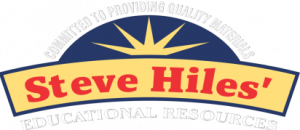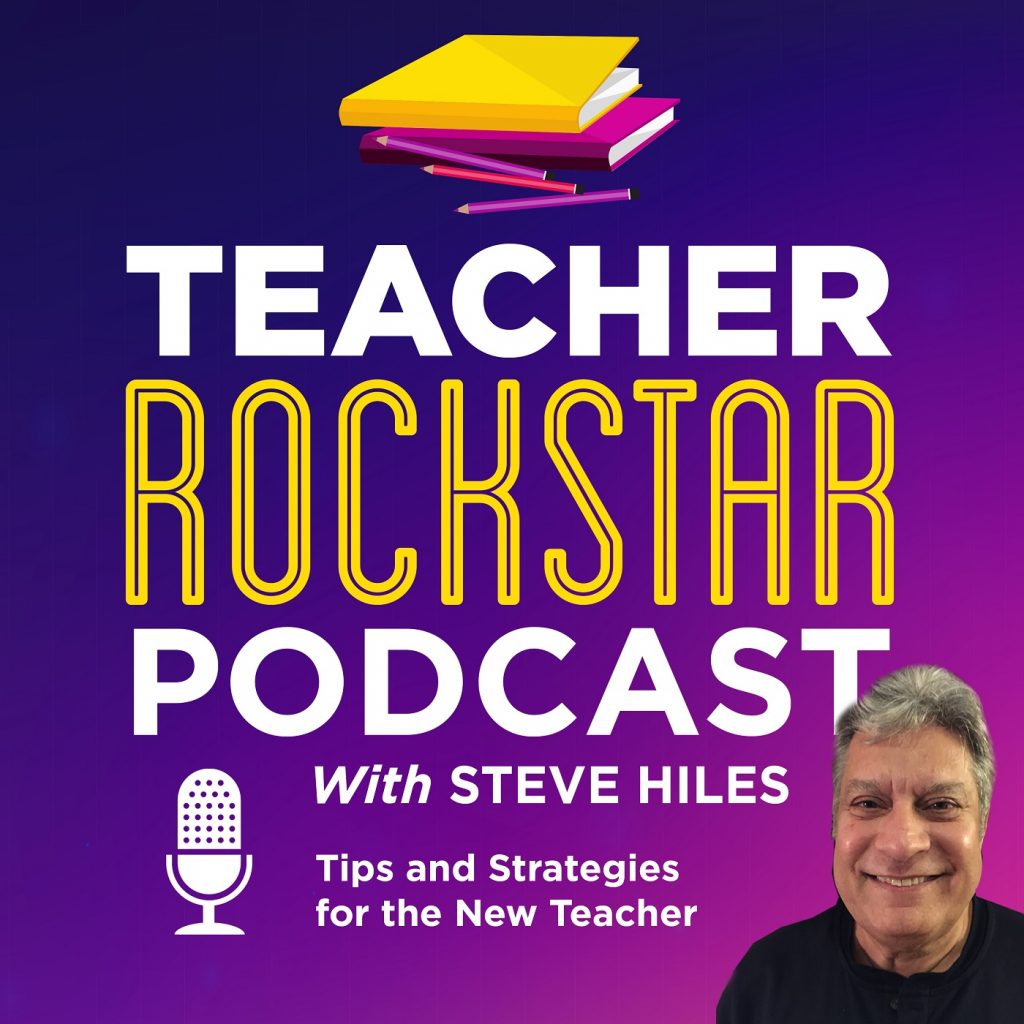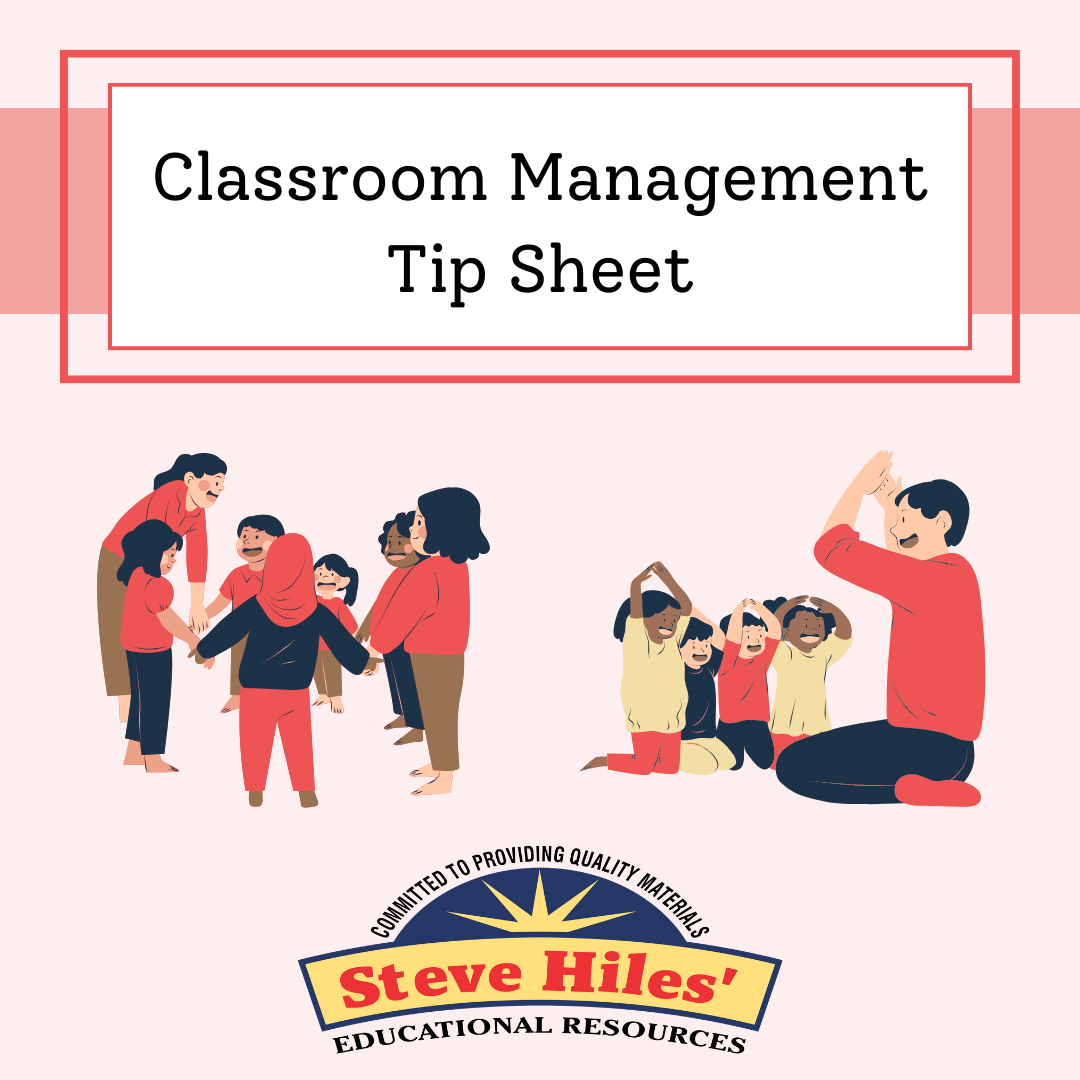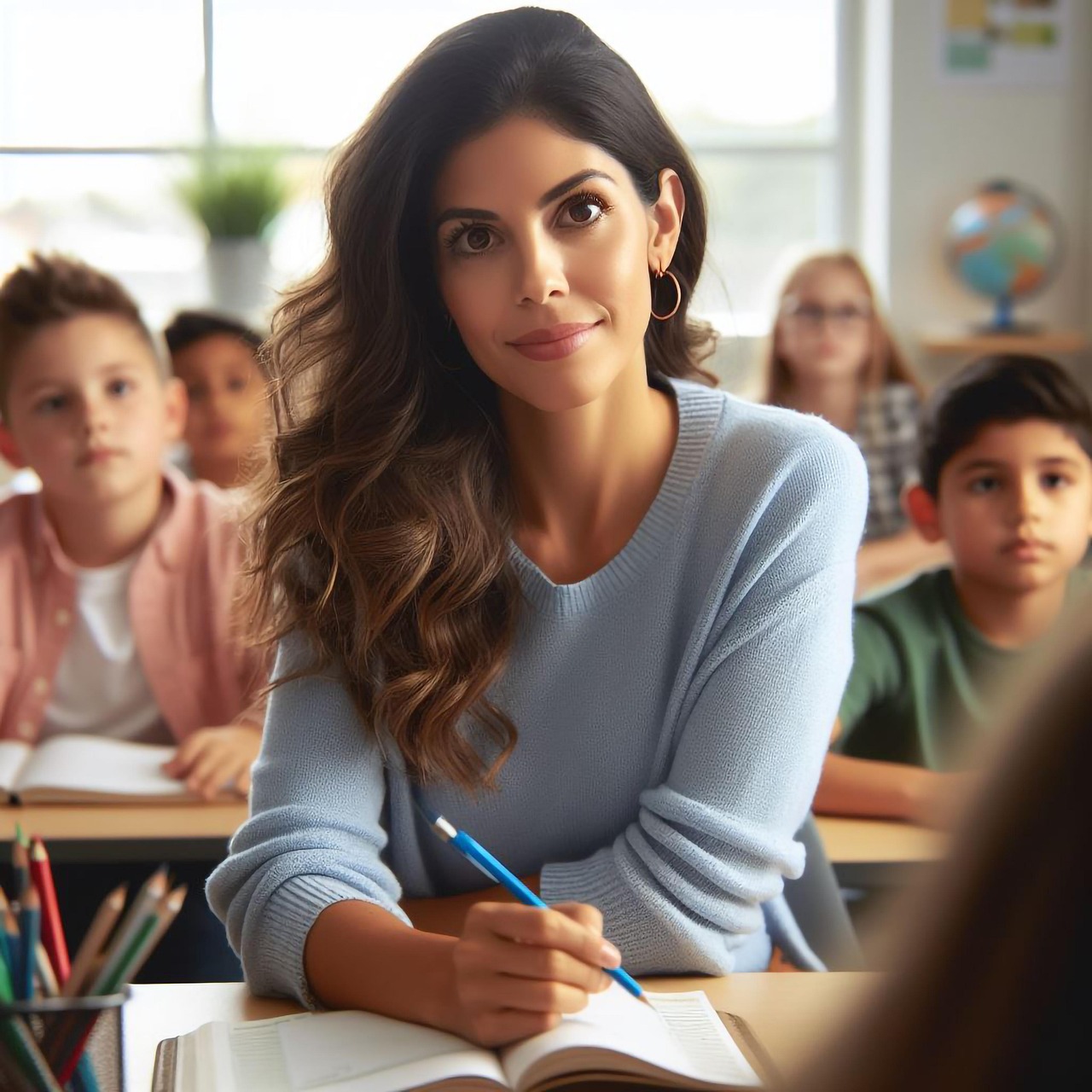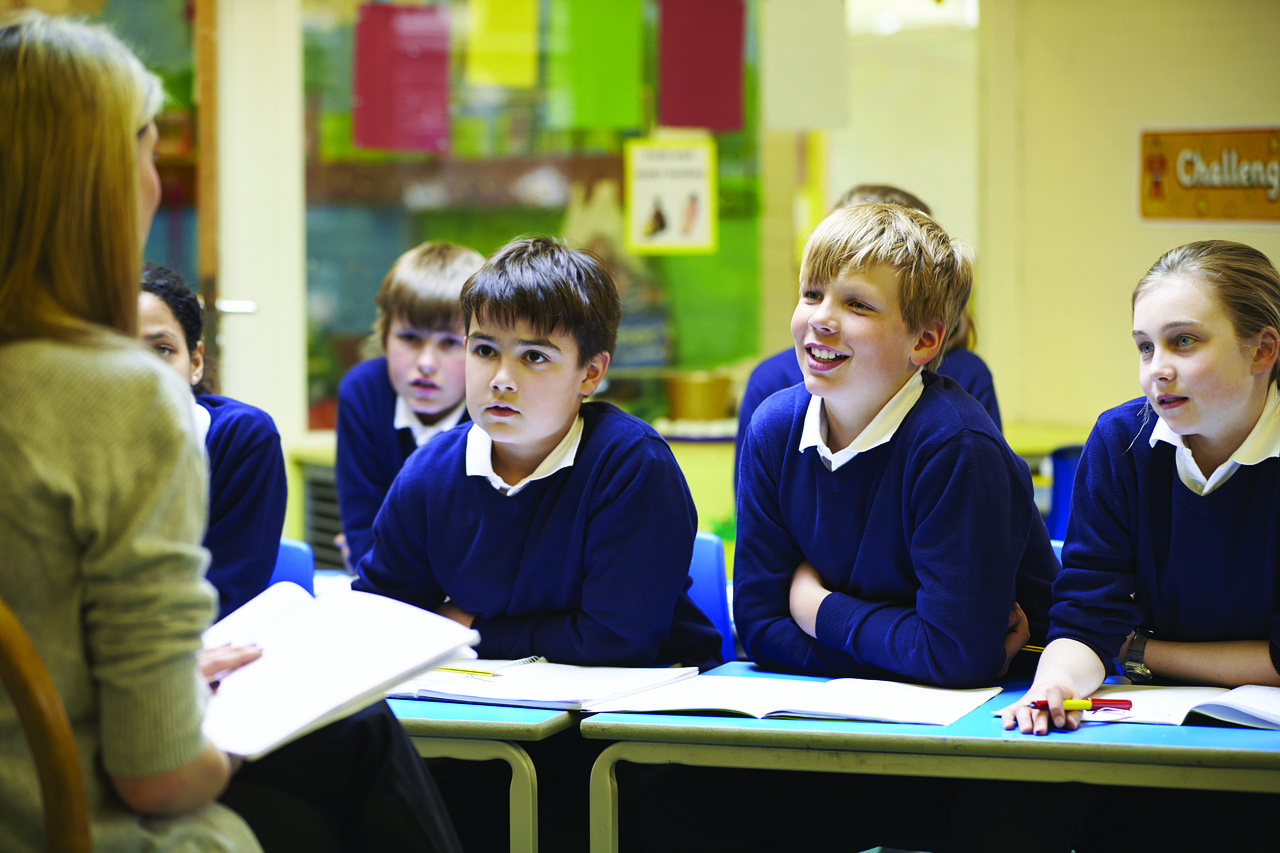“Using classroom assessment to improve student learning is not a new idea. More than 30 years ago, Benjamin Bloom showed how to conduct this process in practical and highly effective ways when he described the practice of mastery learning.”
Bloom, 1968, 1971
But since that time, the emphasis on assessments as tools for accountability has diverted attention from this more important and fundamental purpose.
Assessments can be a vital component in our efforts to improve education. But as long as we use them only as a means to rank schools and students, we will miss their most powerful benefits. We must focus instead on helping teachers change the way they use assessment results, improve the quality of their classroom assessments, and align their assessments with valued learning goals and state or district standards. When teachers’ classroom assessments become an integral part of the instructional process and a central ingredient in their efforts to help students learn, the benefits of assessment for both students and teachers will be boundless.
Similar Situations
Using assessments as sources of information, following assessments with corrective instruction, and giving students a second chance are steps in a process that all teachers use naturally when they tutor individual students. If the student makes a mistake, the teacher stops and points out the mistake. The teacher then explains that concept in a different way. Finally, the teacher asks another question or poses a similar problem to ensure the student’s understanding before going on. The challenge for teachers is to use their classroom assessments in similar ways to provide all students with this sort of individualized assistance.
Successful coaches use the same process. Immediately following a gymnast’s performance on the balance beam, for example, the coach explains to her what she did correctly and what could be improved. The coach then offers specific strategies for improvement and encourages her to try again. As the athlete repeats her performance, the coach watches carefully to ensure that she has corrected the problem.

